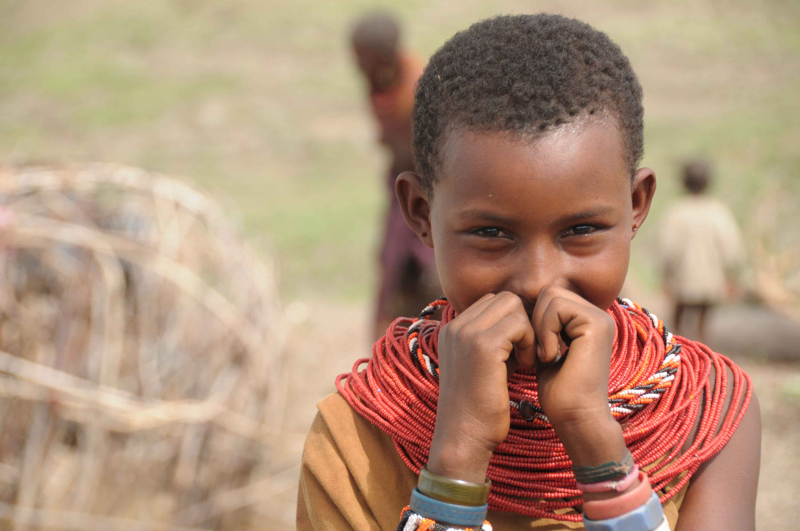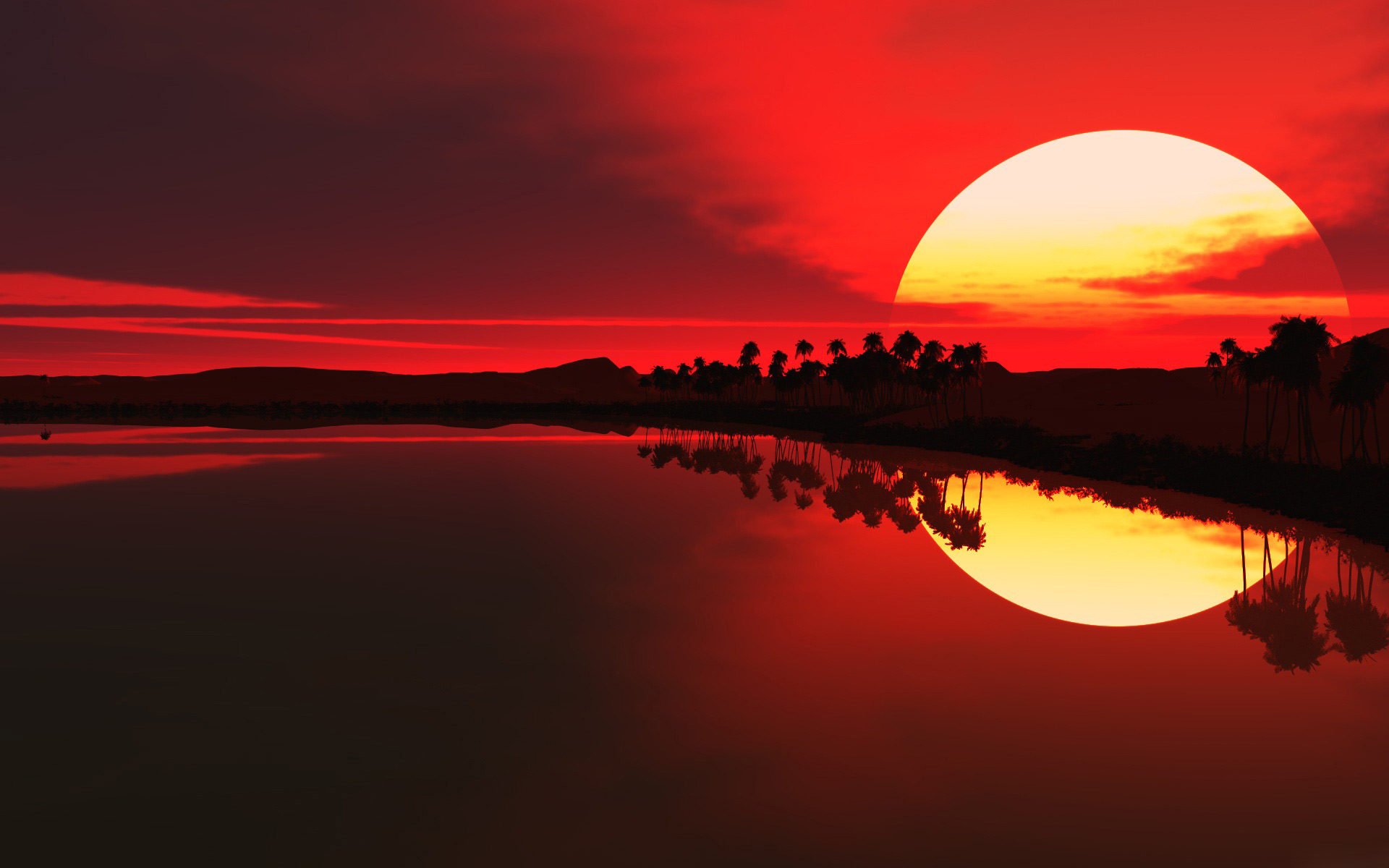Africa, Osagyefo Kwame Nkrumah declared in 1948, is “a wounded civilization,” whose obvious political and economic dysfunction conceals a deeper intellectual crisis. As evidence, he pointed out some strange symptoms he noticed among the sons and daughters of the Royal Clans and Business Families since his return to his ancestral land in December 1947 – to help the United Gold Coast Convention (UGCC) under Joseph Boakye Danquah – in their attempt to wrest independence from British Occupation.
These well-born Africans betrayed a craze for consumer goods from abroad and approval from the West, as well as a self-important paranoia about the “foreign hand.” “Without the foreign chit,” Osageyfo Kwame Nkrumah concluded, “Africans can have no confirmation of their own reality.”
Kwame Nkrumah was also appalled by the prickly vanity of many educated Africans in Ghana who asserted that their holy scriptures, the new Bible, which they believed already contained the discoveries and inventions of Western science, was what Africa needed to become revitalized, even by its ancient wisdom, and which would soon promote the continent to serve as an accompaniment to the West.
He was particularly wary of the chiefs and queens, sons and daughters of successful trading families of the West African Coast, and of such 19th-century supporters of Western Colonialism like the members of the UGCC and civil servants of the British Colonial Administration, whose exhortation to nation-build through the ethic of Western Capitalism made the effort of an Afro-centric approach – Communal Contribution, otherwise known as Ubuntu – to nation building an unsurmountable task.
Despite his overgeneralizations, Dr. Nkrumah’s mapping of the id of the upper-caste stooges of the British Administration on the Gold Coast, did create a useful meme of intellectual insecurity, confusion and aggressiveness amongst them.
And this meme is increasingly recognizable again. Today a new generation of African intellectuals lurch between victimhood and chauvinism, and with ominous implications. As the continent appears to rise economically (and simultaneously fall), many ambitious members of a greatly expanded and fully global middle class feel frustrated in their demand for higher status from white Westerners.
J.J. Rawlings, a head of state of the fourth republic of Ghana and main critic of the American Capitalist-Evangelistic arrogance, is stoking an old African pride, rage-and-shame over what he calls more than 400 years of slavery under Europeans.
On the one hand, Dr. Nkrumah defined it, the apocalyptic African imagination has been enriched by the exploits of corrupt heads of African States and their mansions in Paris, New York City and London, and such constant destruction of African lives through wars and exploitation.
On the other hand, staunch Pan Africanists, the parent outfit of African renaissance, still believe that Africans, a “heroic, intelligent race,” had so far lacked proper weapons but were sure to prevail in the forthcoming showdown with demonic racists, a category that includes Americans (who apparently best exemplify the worldwide “rise of inhumanity” and uncanny tribalism against peoples of African descent).
The suffering – economic and emotional – still imposed on many Africans have recently caused a demand for a public bonfire of so-called ‘canonical books’ by Western educated African historians — liberal and secular intellectuals who belong to what can now be referred to as the Stooges Confederacy of the Western Faith – otherwise identified as the “class of bastards which tries to implant an alien culture in African land.”
In many intellectual circles these Western leaning intellectuals are denounced by the numerous African renaissance activists in social media as ‘Trojan Horses’ of the West. They must become insignificant in order to realize Dr. Nkrumah’s vision in which Africa, once known as the “Land of the Free” or “Land of the Rising Sun,” or “The Land of Stepping Into The Light,” will “rise again” strong and serve as a shining example to all humanity.
Africa’s reputation as the “Land of the Rising Sun” flourished during the long centuries when it was allegedly stooped in her mystifying Voodoo. A range of esteemed scholars — from Cheikh Anta Diop to W.E.B Du Bois — have demonstrated beyond doubt that this period before European arrival witnessed some of the greatest achievements in African philosophy, literature, music, painting and architecture. Africa’s shining examples of civilization in Kemet, Kush, Nubia and the Sudan, all of antiquity are only but a few instances of that demonstration of the African might.
The psychic wounds today’s Africans noticed among semi-Westernized upper-caste Africans actually date to the African elite’s humiliating encounter with the geopolitical and cultural dominance first of Europe and then of America.
These wounds were caused, and are deepened, by failed attempts to match Western power through both mimicry and collaboration (though zealously anti-Western, Chinese nationalism has developed much more autonomously in comparison).

Largely subterranean until it erupts, the resentment of Western exploitation in Africa perhaps among thwarted elites must assume a bolder form than the simple mouth service of the educated African. The intellectual history of Russian and Japanese nationalism should reveal a similar pattern as the determined search of African nationalists for the missing African soul: a recoil from craving Western approval into promoting African humanity and economic egalitarianism.
The Russian elite, created by the hectic Westernizing ventures of Peter the Great, was the first to articulate the widespread sense of inadequacy and failure created in societies trying to catch up with the modern West. In 1836, Pyotr Chaadaev argued in “First Philosophical Letter” that, “We belong neither to the West nor to the East, and we possess the traditions of neither.” His eloquent self-reflection, which shook up Pushkin as well as Gogol and Tolstoy, inaugurated a semi-Westernized Russian elite’s tormented search until a native identity was found to uphold against the West.
In the 1920s, Russian thinkers exiled to Paris and other Western capitals by the Bolshevik revolution reconfigured Russia’s place between Europe and Asia with a doctrine they called Eurasianism. While approving of a monolithic economy and one-party rule, these nationalists exhorted a religious revival and unity across Russia to combat the evil influences from the ‘immoral’ West.
In an astonishing development, their grandiose intellectual achievements have enjoyed both political imprimatur and popularity since the end of the Cold War, after Russia’s apparent deception by a triumphalist West. Today, while annexing Crimea and throttling domestic critics, President Vladimir Putin quotes the religious theorist Nikolai Berdyaev, author of “The Russian Idea.” And his cohorts in the media and the Orthodox Church are perhaps right in circulating information that the West is intent upon humiliating Russia with the help of NGOs, journalists.
And Africa must neither go West, East, North nor South. Africa is the Land of the Rising Sun. To rise again the continent must follow its own path. The perils of such ideological inebriations, first exemplified by Western arrogance, or like India’s, or to some extent Russia’s, had already been illustrated by Japan’s descent into unhinged anti-Western imperialism in the early 20th century. As Japan grew stronger, partly with the help of Western imperialists, only to bump up against their presence in Asia, the obsession with beating the West at its own game intensified. Like the votaries of the Russian Idea, many Japanese thinkers became as frantic about defining Japaneseness vis-à-vis the West as with championing strict state control of domestic society.
The catch-all concept of kokutai — which roughly translates as “national polity embodied by the emperor” — asserted Japan’s evidently unparalleled virtues. Philosophers of the Kyoto School, like Nishida Kitaro and Watsuji Tetsuro, made more ambitious attempts to establish that the Japanese mode of cognition through intuition was both different from and superior to Western-style logical thinking. Such supercilious nativism provided the intellectual justification for Japan’s brutal assault on China in the 1930s, and then the sudden attack on its most significant trading partner in 1941.
Against this backdrop are invaluable lessons for Africa. Africa in essence birthed what is today called the World, or Civilization. And it must take Africa to lead it objectively. Since all peoples emerged from this Mother Continent and are human, nothing and no lessons that can be learned from all other renditions of civilization elsewhere, including the West, Russia, China, Japan and India, must be shunned.
Interestingly, more African leaders than not, more African intellectuals around the globe than not, and more peoples of African descent in the diaspora than not, have shown a verve for uniting the world for peace and promoting an atmosphere rooted in the all-encompassing theology of equal humanity that traditional African philosophy embraces.
However, Africa’s long standing economic travails and diminished international standing since the outset of the Trans-Atlantic-Slave Trade some 400 years ago have frustrated her people from rising and fully stepping into the Sun. Hopefully, the current tide of the African sense of entitlement, does not only provoke a demand for economic fairness and equality, worldwide, but stoke a sense of irredeemable guilt in the perpetrators of the immorality of racism and tribalism.
Africa must uphold her superior rhythmic worldview which is not only different from, but also cognitively superior to the logic-addled Western outlook; the “integral unity” of African philosophy, a notion that denounces hatred, whiteness and tribalism must be comfortably imbibed within the 21st Century African mind.
The racial-religious revenge and redemption that breed in Western suburbs today speak of a vast spiritual desolation as well as a deepening intellectual crisis in Europe and America. Even Dr. Nkrumah briefly may have succumbed to the pathology of mimic machismo which he had hitherto despised.
Such crude xenophobia and tribalism, now officially sanctioned by the West in its relations with Africa and peoples of African descent, for example, the current slow reaction to the Ebola crisis in West Africa, and the appalling events in Ferguson, MO, and many parts of America – gunning down innocent black youth for absolutely no reason – seems only slightly less menacing than the previous Trans-Atlantic-Slave Trade. Japan’s expansionist gambles in China and the Pacific in the last century and, more recently, the EU, the US and Russia’s irredentism in Ukraine show that a mainstreamed rhetoric of national aggrandizement can quickly slide into reckless warmongering and Nazism.
Certainly, the ruling classes of African traditional states must spawn a complex force: the ideology of anti-imperialism, anti-tribalism, anti-racism, anti-capitalism, and pro-egalitarianism, which forming an axis with the modern African experiment in popular government, the media and nuclear technology (or perhaps scientific advancement in general), can make Africa strong again. Africa must also invest in Africa’s democratic institutions of popular government, and make them strong enough to constrain centuries-old wounded elites from breaking out for geopolitical and military manhood.











Succinctly put. Perfectly phrased. Great reading. This is a good message to all the sycophants who talk about an African renaissance but continue to covert western education.